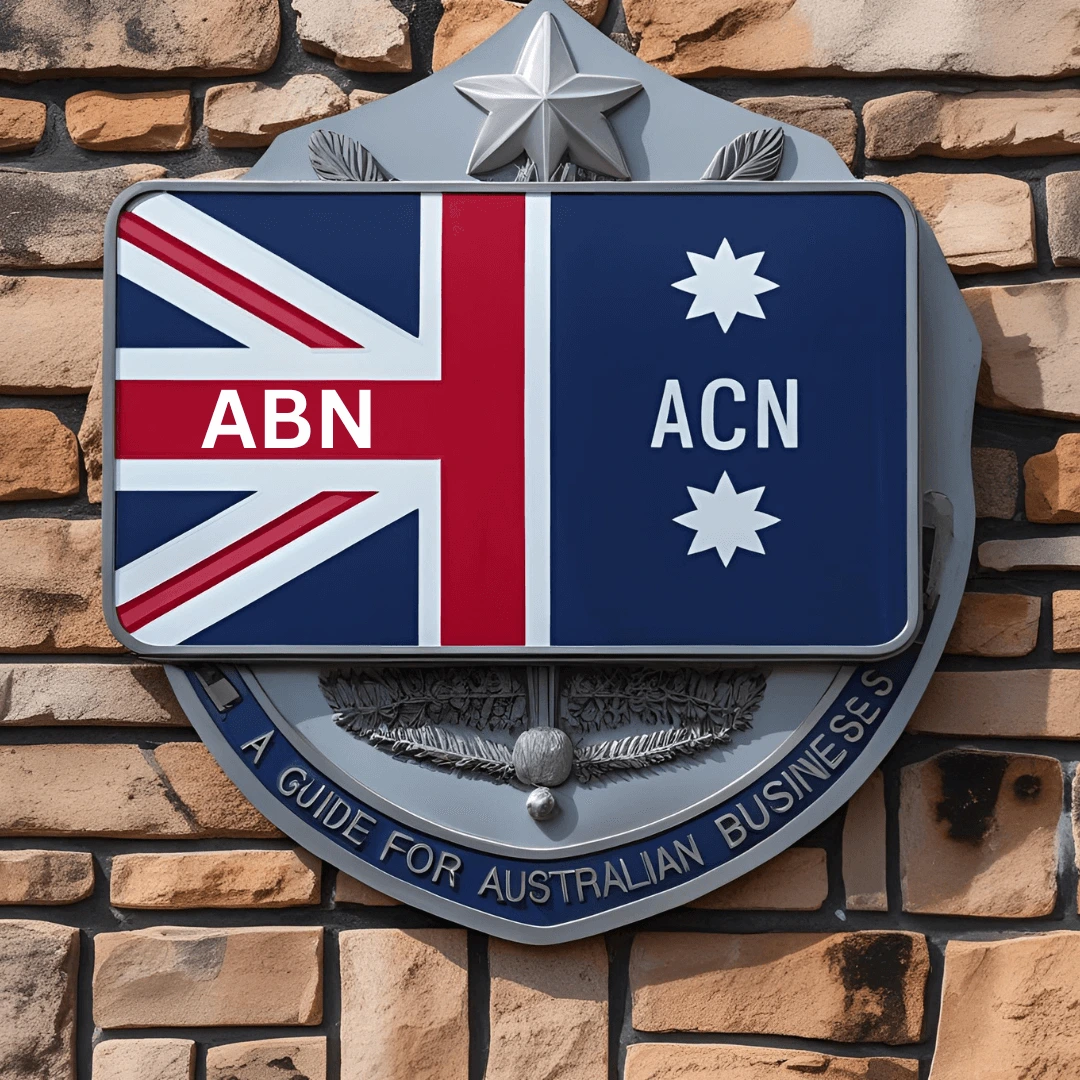
ABN and ACN: A Guide for Australian Businesses
A comprehensive guide explaining the differences between ABN and ACN, their importance for Australian businesses
ABN and ACN: A Guide for Australian Businesses
Two acronyms are always being thrown in your way when setting up business in Australia: that is ABN and ACN. To a foreign businessman, these might seem nothing but government red tape, but believe me-the success of your business rests on these numbers.
When these terms entered my vocabulary, I was lost. Is one the other? Do I need either? Why must there be so many numbers involved in a business? Going through the process myself and assisting inward, I have finally gained lucidity in the matter.
What exactly is an ABN?
An Australian Business Number is the Australian Taxation Office's way of uniquely identifying your business by 11 digits. Each business has a certain ABN, as with a passport for an individual. It is the number through which the government monitors your tax responsibilities and financial transactions.
Now, let me share an interesting conundrum here: technically, you do not require an ABN to start your own business. But practically, how much harder you've just made it for yourself! Whenever I was doing my freelance work, each and every one of the clients wanted my ABN for their invoice. Without one, they would have to withhold the maximum tax rate from my payments. Nobody wants that headache.
If your business brings in more than $75,000, then GST registration is essential, which entails having an ABN. Better yet, once you register for GST, you can claim the tax you pay on business purchases.
You're probably going to need an ABN if:
- You're running any kind of business or freelance operation
- You pass the $75k turnover threshold (that makes GST registration mandatory)
- You're working with clients who require proper invoicing.
The ACN Story
Australian Company Numbers are a different beast altogether. These 9-digit codes come from ASIC (Australian Securities and Investments Commission) and they're exclusively for registered companies - your Pty Ltds and public companies.
Last year I saw my neighbor struggling with this concept while setting up his tech business. "Why do I need yet another number?" he kept asking. The answer dawned upon us once the company got registered. An ACN mostly substantiates that your company exists as a separate legal entity; it is not just some paperwork-it's opening corporate bank accounts in the name of the company, signing contracts as a company, attracting serious investors.
When ACNs are necessary:
- Incorporating as a Ltd or public company
- Opening business bank accounts
- Signing contracts under your company name
- To gain credibility with big clients
How They Stack Up
Let me get straight to the differences:
ABN data:
- 11-digit number
- Given out by the ATO
- Any business can apply for one, be it sole traders, partnerships, or companies
- Primarily used for tax and invoicing purposes
- It appears on your invoices and tax papers
ACN data:
- 9-digit number
- Issued by ASIC
- Only for companies that register themselves there
- Used to establish the legal existence of the company
- Is included in the company's documents and official filings
Somebody who is fresh to this concept gets hit by surprise by the fact that having an ACN will not exempt you from obtaining an ABN. Companies require ABNs too for tax purposes. It is really good because you can actually apply for both when registering your company - lets you do two things at once.
Why Getting This Right Matters
With government numbers, I get that it's never really fun to deal with, but the consequences of misapplying them could be dire. Without them, you risk looking unprofessional, missing out on business opportunities, and perhaps even getting penalized.
The loss of a big client by one colleague happened simply because the client asked for an ABN and he failed to produce one. Another friend found that his company registration was held up because he had mixed up the ACN on an official document. These issues are not imagined; they happen to real people.
Common Pitfalls to Steer Away From
From what I have observed in my interactions with others:
- Failing to check one-off numbers: It's wise to check your ABN using the ATO's lookup tool or verify your ACN using the ASIC register. One incorrect digit and it spells a big headache.
- Not updating information: If you ever change your business name or address, be sure to update the record straightaway. I know of somebody who missed some serious correspondence just because this had not happened.
- Mixing the numbers up: ABNs and ACNs serve different purposes. Putting the wrong one on official documents can sometimes just give you delays and lots of confusion.
Next Steps
Are you thinking of getting started as a sole trader or a small business? First thing you need is to get that ABN if you don't already have one. The application is free and available online on the ATO's website.